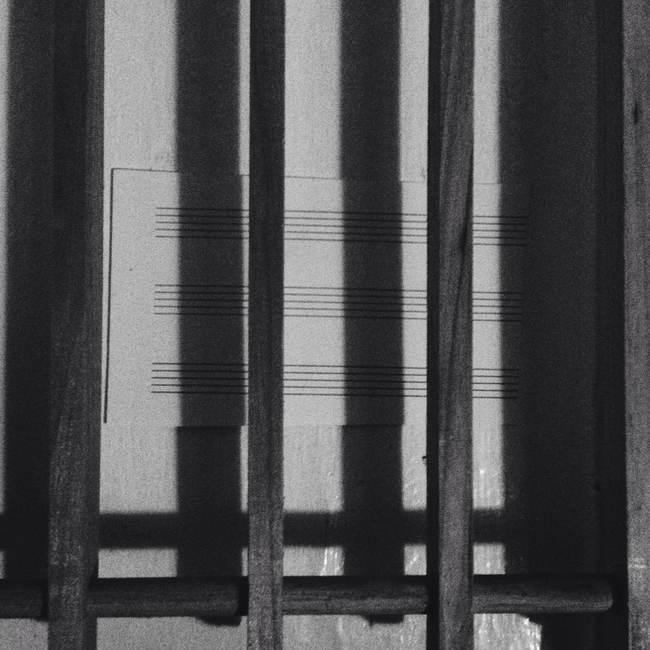Beyond the Score: Thanks + Recap
Welcome! First off I want to say thanks for reading along - this whole blogging thing has been very new and exciting. Writing, I have found, is a wonderful habit - I’ve been pointed in new directions, clarified my own thinking, received a great deal of encouragement and advice from people I now consider new mentors, connected with old friends about familiar topics and am finally beginning to see many of the elements of Beyond the Score coming together! But I’ve been a little scattered up to this point. Today’s post tries to step back and paint a broader picture in order to frame the overall context for my research/writing.
My first post outlines the primary observation that I am trying to address through this project:
What role does a notated score play in a musical tradition that does not use a score in performance?
There’s a lot packed into that statement. And you may notice that none of my posts up to this point have dealt with scores or sheet music… Peculiar. That is because we cannot address the specific elements of a cappella - like songs and scores, arranging tips and performance suggestions - without first developing a comprehensive understanding of what a cappella actually is.
For many on college campuses, a cappella is simply a way to sing and/or a particular style of music. It is understood literally (as all-vocal music), or perhaps by what it is not (music without instruments); and is sustained by the act of covering songs from other musical genres. This contributes to a perception of a cappella as a niche campus community that is largely defined by the musical product itself rather than the process or the performers.
Even from singers themselves, I see those who are convinced that a cappella is the music - the notes on a staff, the cutoff at the end of a phrase, the matching formal attire, or the pages of a score. Which it is… But one of my main goals is to expand this narrow view and show that a cappella is much more dynamic and complex: it evades the simplicity of a musical/historical approach.
For music directors, arrangers and singers to engage in their singing with this mindset restricts artistic (as well as personal and communal) expression and development. That’s not to say that fine tuned musicality isn’t a large component of a cappella! There are just many more ways to derive meaning. Let’s look at some examples from previous posts:
Extra-Musicality - the broad idea that non-musical elements can influence the music and musical process. Recognizing all of the factors, not just the musical ones, that construct a theory of a cappella.
Music + Life - breaking the boundaries between listening and experiencing, and learning to fill the gaps in sound with oneself.
The Third Perspective - assessing music not through a (1) musical or (2) historical lens, but instead by its (3) resonance. I use resonance because I haven’t quite settled on a word yet. I don’t mean physics here, but instead probe the relationship between music and personal meaning, and how we forge connections with groups of singers through particularly meaningful acts or songs.
Personal Voice + Musical Healing - how when we express our music, we express ourselves. Along the same lines, music allows us to understand ourselves and develop holistic health.
All of this goes to show that there are many ways to look at a cappella and find meaning. Overall, my wish as I go forward is to help others find this multiplicity of value and meaning within their own personal music and music making, and not let the product (music itself) inhibit the process (music making, living, being). It is the challenge of accurately representing this complexity through notation, or rather the reshaping of musical and performative assumptions that are centered around the score, that powers my project.
